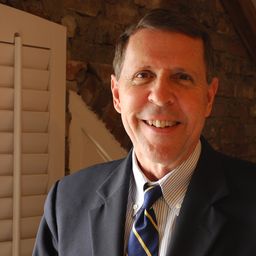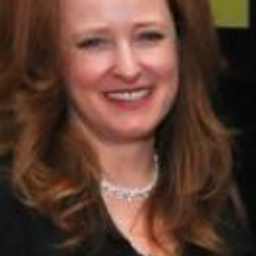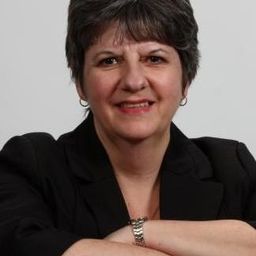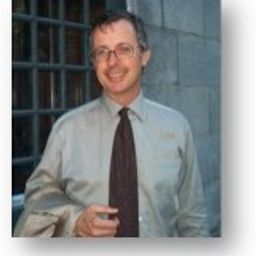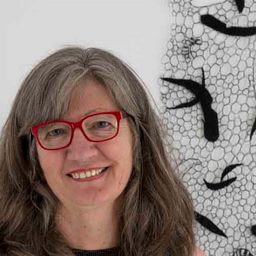
Dr Sharon Peoples
Dr Sharon Peoples is the Convenor of the Museums and Collections Program within the Centre for Heritage and Museums, at The Australian National University. She has designed and implemented innovative online and intensive courses in museum education and heritage studies, which incorporate flexible learning approaches for post-graduate students and professionals. Her commitment to both object-based learning and new technologies takes advantage of the location of the ANU in the national capital to forge strong and authentic learning opportunities with key national cultural institutions. She now writes on museum education, textiles, the crafts and the emerging area of fashion theory as well as maintaining a profile as an exhibiting artist. She also lectures in Textiles Workshop at the ANU School of Art and curates textile exhibitions. She also has lectured and tutored in the Research School of Humanities ANU, School of Art ANU, Art History Department ANU where she completed her PhD. She continues to practice as an artist, having work collected by local and national institutions.
Sessions in which Dr Sharon Peoples participates
Sunday 5 June, 2016
In endeavouring to answer the question "What does heritage change?" this proposed session, "Fashioning Heritage," will call for papers that critically examine the way in which one of the main functions of dress is to locate or position individuals and communities in space and time. The temporal realm can be conceived as personally transitioning from and through certain life stages, being culturally defined as well as conceiving gender differently by dress and textiles. Transitions are visuall...
Sessions in which Dr Sharon Peoples attends
Friday 3 June, 2016
What does heritage change for tourism? | Le patrimoine, ça change quoi au tourisme? Ce débat veut interroger les relations entre le tourisme et le patrimoine et dépasser ainsi les idées reçues sur l'antagonisme entre le tourisme "corrupteur" et le patrimoine qui en serait la victime. Il s'agit donc de repenser le tourisme comme un réel acteur du patrimoine, de sa valorisation et de son appropriation, y compris par les populations locales. Cela présuppose, au p...
The west of Mile End is the fruit of the unlikely encounter between a French-Canadian artisans’ village, a new suburb at the turn of the 20th century marketed mainly to the English-speaking middle class, and the heart of Montreal’s Jewish life between the wars. Discover how these influences have shaped the neighborhood and the traces they have left. Presentation in English. Walking tour. Organization: Mile End Memories Fees: 16$ + taxes
Find out more about all the eras that shaped Montréal with this interesting walking tour, from the foundation of Fort Ville-Marie in 1642 to today’s modern city. The historic heart of the city and its adjacent Old Port will help illuminate the story of one of the greatest cities in the Americas. Your guide will lead you through a maze of narrow streets where you can find a multitude of historic buildings. Explore the birthplace of our metropolis and experience a special voyage back in time! ...
Avant de s’appeler le Vieux-Montréal, la vieille ville était le cœur vivant de Montréal habité par l’ensemble de ses classes sociales : riches et pauvres, artisans et hommes politiques, ouvrières et propriétaires fonciers, esclaves et notaires, juges et débardeurs… Le quartier Bonsecours au nord du marché a gardé plus longtemps que tout autre une fonction résidentielle et la présence d’une population de condition modeste. Le circuit explore les commerces, les écoles, les usines, les rues et l...
Saturday 4 June, 2016
What if we changed our views on heritage? And if heritage has already changed? While, on the global scene, states maintain their leading role in the mobilization of social and territorial histories, on the local scale, regions, neighbourhoods and parishes have changed. Citizens and communities too: they latch on to heritage to express an unprecedented range of belongings that no law seems to be able to take measures to contain, often to the discontent of...
Much is being made of the perceived breakdown of the nation-state, which was historically configured as a “container” of heritage formations, adopting and perusing local traditions where possible but oppressing them where deemed unsuitable. Migration is seen as eroding the rigid boundaries of this configuration, potentially liberating identities and heritages in the process. This session addresses the relationship between critical heritage and redefinitions of self, other, community and place...
This festive event will offer delegates a taste of one of the iconic dishes of Montreal, the smoked meat sandwich, imported by Jewish immigration from Eastern Europe in the early 20th century. In particular, the tasting will allow a discovery of the products of the renowned international institution Schwartz's, the Hebrew Delicatessen for which Montrealers and tourists alike are willing to wait in long line-ups. During the tasting, “Chez Schwartz,” a documentary produced by Garry B...
Most of what we experience as heritage emerges into conscious recognition through a complex mixture of political and ideological filters, including nationalism. In these processes, through a variety of devices (museums, scholarly research, consumer reproduction, etc.), dualistic classifications articulate a powerful hierarchy of value and significance. In particular, the tangible-intangible pair, given legitimacy by such international bodies as UNESCO, reproduces a selective ordering of cul...
Sunday 5 June, 2016
Monday 6 June, 2016
This session is committed to extending previous research collaborations on food and culinary systems as objects of political mobilization – ICA 52, 2006 (Seville); Mexico DF, 2009; ICA 54, 2012 (Vienna); Uqam, 2014 (Montreal). On this occasion, we will deepen and develop ongoing debates about the growing place of food in the cultural politics of heritage and its impacts on society, about which there is still scarce documentation. How are food and culinary heritages constructed and...
Around the globe the planning of large-scale memorial-museum projects concerned with violent histories are frequently marred by conflict, omission, and competitions of victimhood. This problem also extends to scholarship on genocide and memory. “Moving memory” is a collaborative multi-sited research exhibition about the Armenian and Roma genocides that proposes creative solutions to these museological and scholarly conflicts around commemoration. Our multi-sited event includes two pr...

